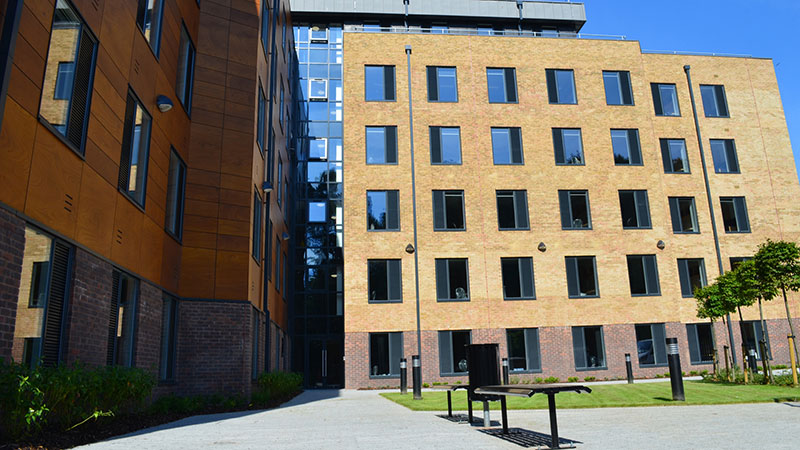Navigate the complex interplay of nature and society to mitigate environmental risks and shape a resilient future.
This MSc programme is designed to empower you to contribute to the global effort of strengthening society's resilience to disasters. We face a growing number of environmental hazards due to climate change and rapid population growth, leading to an increase in billion-dollar disasters. Despite global efforts like the Sendai Framework and Resilient Cities Network, the complexity of disaster risk reduction remains a significant challenge. A deep understanding of both natural and human-made hazards is required, from floods and earthquakes to corporate and government decision making that leads to toxic waste and air pollution.
Integrating diverse disciplines such as environmental science, statistics, remote sensing, and data analysis, this programme will give you a comprehensive understanding of disaster risk reduction. Through hands-on training in numerical and statistical modelling, remote sensing techniques, fieldwork, and data analysis, you’ll acquire practical skills essential for conducting effective hazard and risk assessments. This emphasis on practical application ensures you are well-prepared to tackle real-world scenarios in disaster mitigation and response.
You will graduate with practical skills and technical expertise that are in high demand for roles involving hazard and risk assessment, disaster management, and resilience planning, well-positioned for diverse career opportunities in governmental and non-governmental organizations, environmental consultancies, insurance companies, and related industries.
Distinctive features
A global outlook
Join the global effort to improve our resilience to environmental disasters, as outlined in the Sendai framework and endorsed by the United Nations General Assembly.
Research-led teaching
Experience research-led teaching from leading practitioners sharing their diverse expertise in the interdisciplinary science of hazard assessment and risk management.
Graduate prospects
Gain the skills required by graduate employers in hazard management, environmental consultancies, urban resilience planning, government policy, and crisis communications industries
Tailor to your interests
Complete a research project driven by your own interests in a location of your choosing, including outside of the UK.
Interdisciplinary Approach
Study a diversity of disciplines, giving you versatile skills to address multifaceted challenges in disaster management and integrate social and political perspectives into decision-making.
Accreditations
- Royal Geographical Society (with IBG)
























